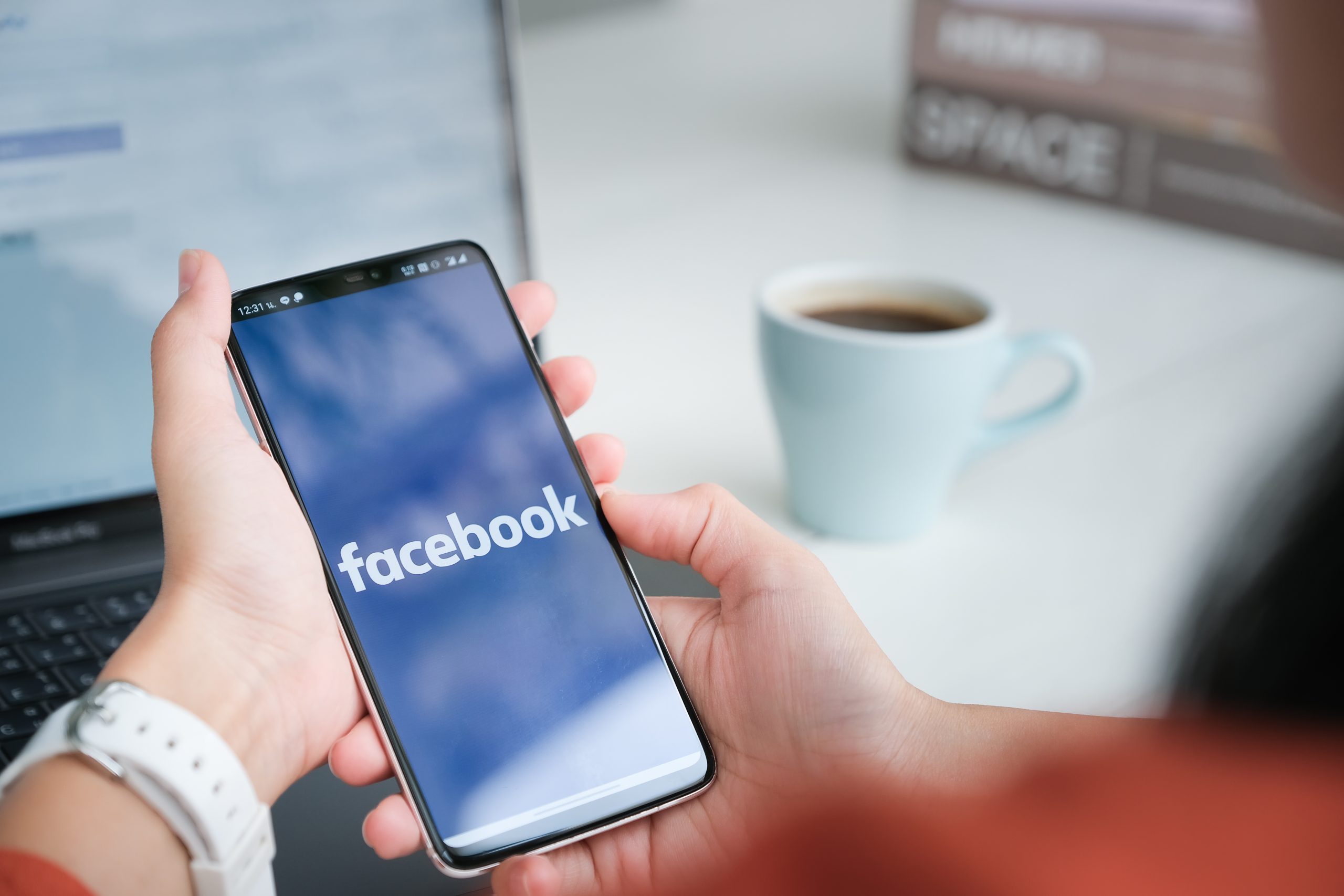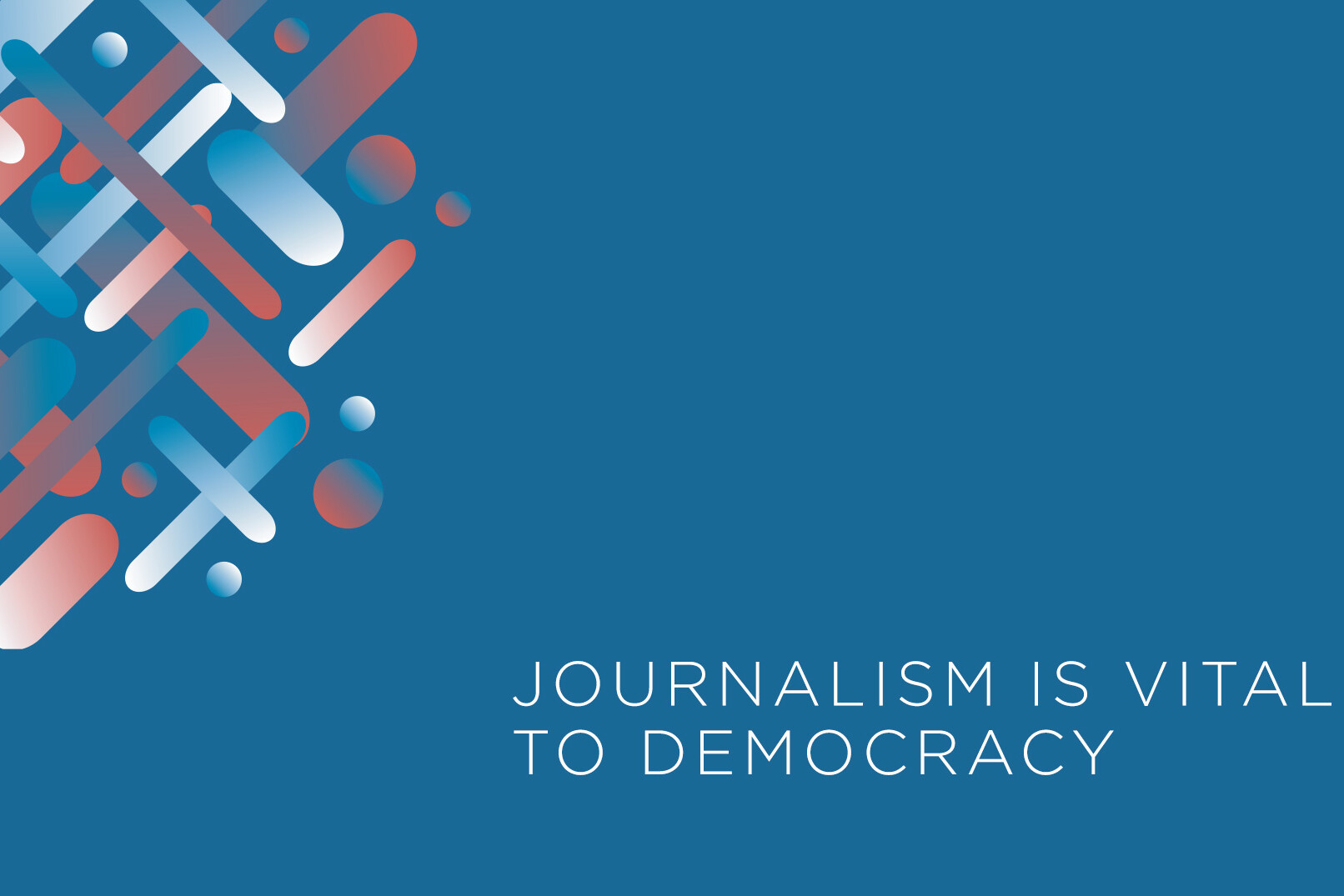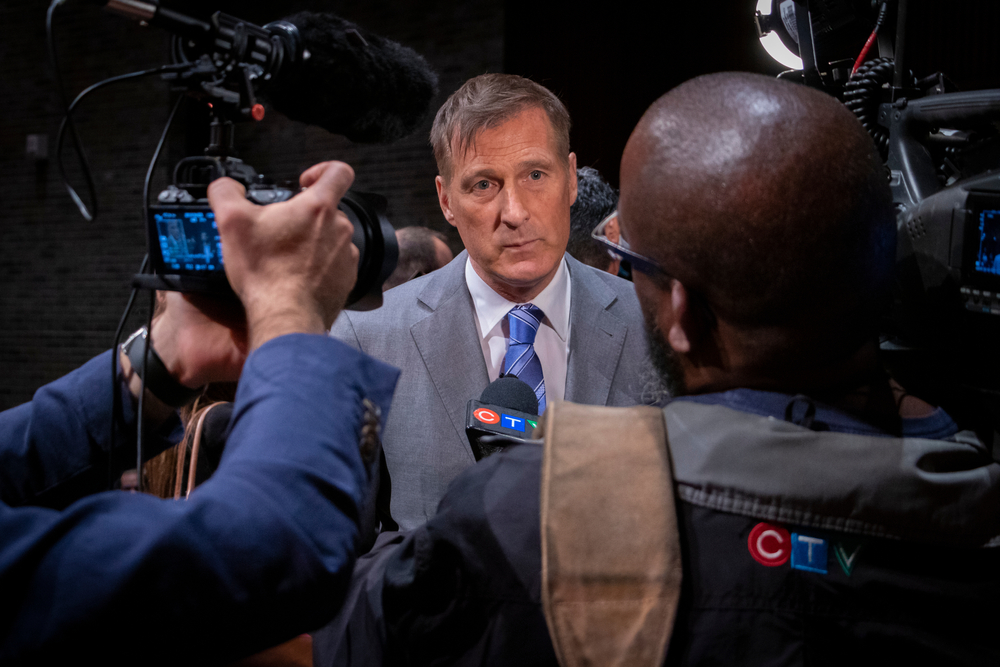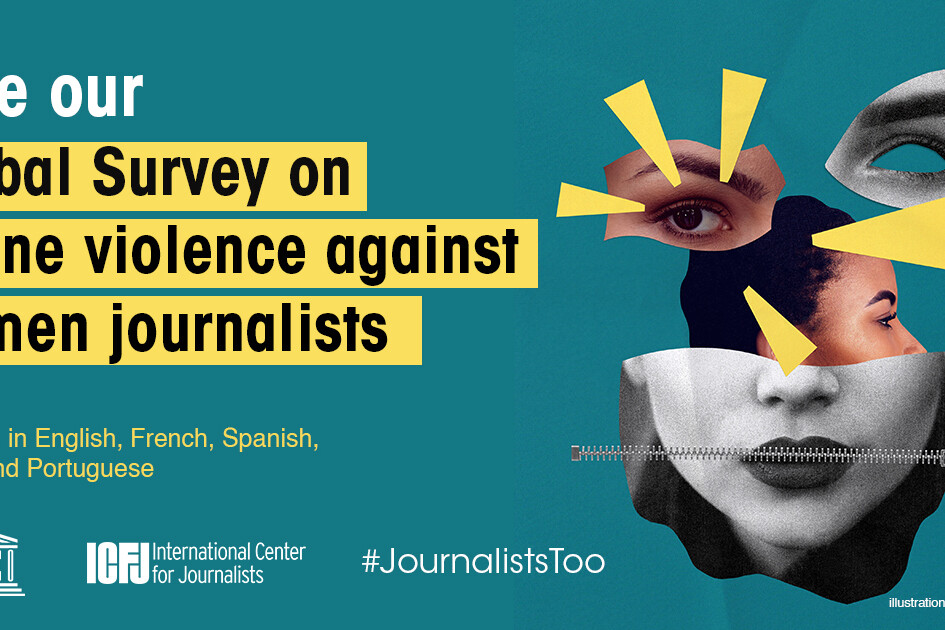“Prevention itself is difficult, so preparedness is vital”
ABC’s Social Media Wellbeing Advisor on dealing with online abuse facing journalists
9th December 2021
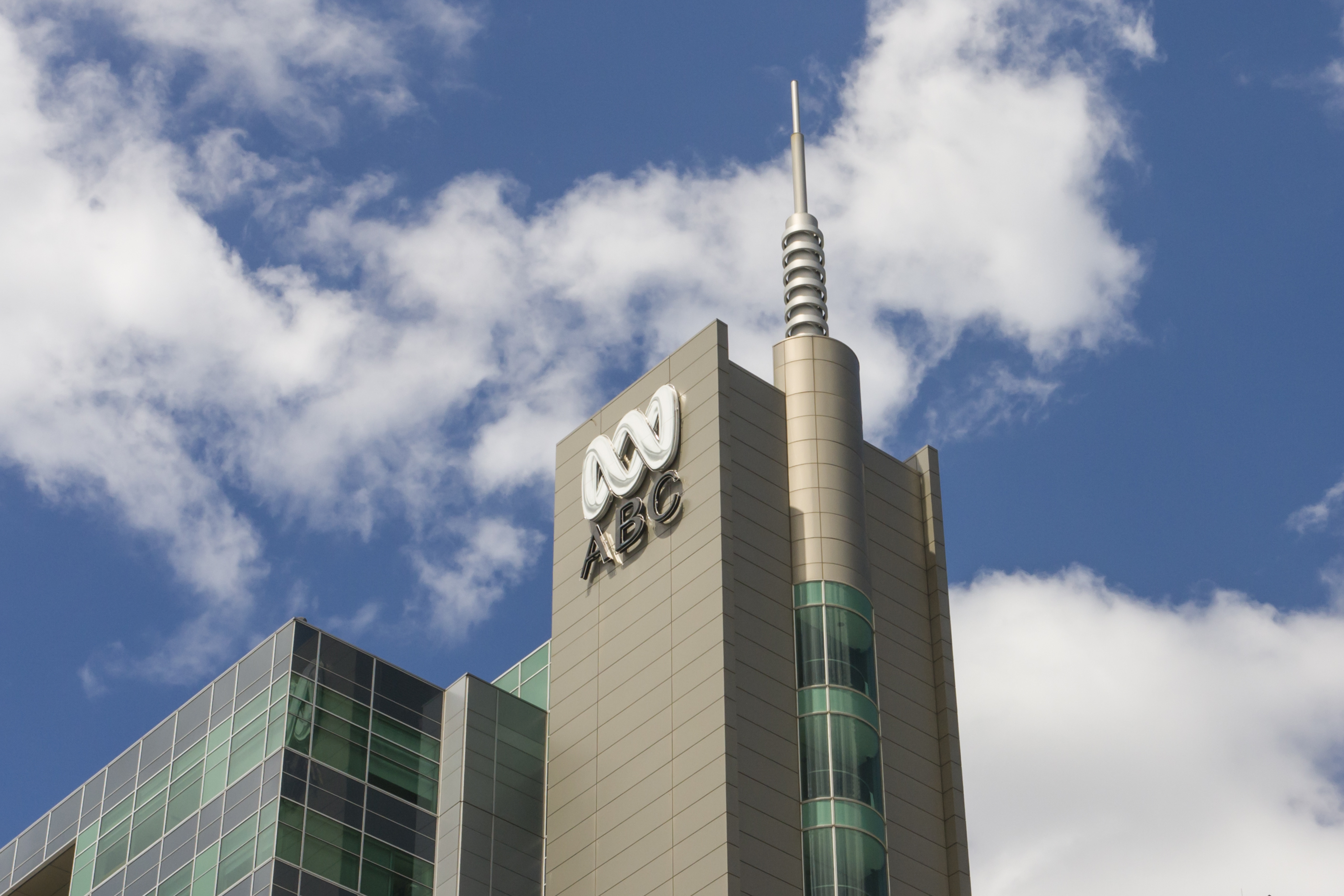
Nicolle White is the Australian Broadcast Corporation’s (ABC) Social Media Wellbeing Advisor, a job she has held since October 2020. PMA spoke with White, to ask her about what her role entails, and why it is so important in today’s media landscape.
Social media abuse and harassment is a thread which spans countries and continents. Online platforms – particularly Twitter – have been a tool in a multimedia journalist’s handbook for the past ten years. For public media, it carries an essential democratic purpose, providing quick access to information from journalists to for mass audiences. For the reader, it provides a flexible way to access the type of news they want. And for the journalist, it performs as a democratised method of newsgathering, elevating unheard and marginalised voices.
But as often reported on, social media comes with numerous problems which journalists have to contend with, not least the fact that while a highly personalised newsfeed can be beneficial to users, it can also lead them to spiral down rabbit holes of misinformation and conspiracy. Meanwhile, for the journalists who use social media, the access they have to their readers is reciprocal. Because of the close proximity between reader and writer, journalists going about doing their job are highly vulnerable to abuse, harassment, and death threats. This is particularly the case for female journalists, journalists of colour, and LGBTQ+ journalists.
Dealing with this threat lies with the social media companies. But in the meantime, news media management and corporations need to consider what they can do to reduce the threat and alleviate the damage caused by online abuse. This is especially important for public media journalists, who are often a deliberate target for online attacks, due to their organisation’s financial ties, and a misguided conception of independent public media as a government mouthpiece.
Newsrooms have not been ignorant of this predicament, and many organisations are developing or have developed strategies to protect journalists from this type of harassment. Some corporations have developed best practice guidelines. Some newsrooms have banned comments on their social media newsfeeds. There is the #NotOk campaign launched by CBC/Radio-Canada to tackle abuse. Or there is the Brussels Declaration – an international statement calling for journalist safety against both physical and digital abuse.
But for the most part, responses are still unsubstantial. A report published last week by the Columbia Journalism Review found journalists “feel that newsroom social media policies reflect their managers’ focus on the public’s perception of their organisations rather than on the public’s harassment of their journalists.” Meanwhile, women journalists and journalists of colour feel “insufficiently protected from the abuse they were more likely to receive, and unfairly singled out for using social media in ways their managers claim undercuts their organisation’s professed neutrality.”
But at the ABC in Australia, they have pioneered a new way of trying to alleviate the burden placed on journalists through the creation of a new position: Social Media Wellbeing Advisor. Nicolle White began in this position in October 2020. PMA’s Editorial Manager, Harry Lock, spoke with White about her position and what others might be able to take from it.
Harry Lock: What were the circumstances that needed addressing which led to the creation of your position?
Nicolle White: Just like physical safety and psychological safety, the ABC recognises online abuse as a growing workplace health and safety issue. Just as we wouldn’t send journalists into a warzone without training and support, we want to ensure staff are supported online.
In newsrooms across the world there has long been the notion that journalists need thick skin. Creating this role within the Workplace Health and Safety team signals that online abuse is not only the burden of the journalist. Whether the incident occurs while moderating an ABC-owned social media account or on a personal social media account, the goal is to ensure staff are empowered and supported.
Online abuse disproportionately impacts female journalists, Indigenous journalists, LGBTQIA+ journalists, journalists living with disability and culturally and linguistically diverse journalists. The ABC is focused on diversifying our newsroom, and as part of this, social media safety needs to be addressed.
HL: What exactly is your remit as Social Media Wellbeing Advisor?

“This role raises awareness of the issue, the supports available, and leads a culture of support for journalists experiencing online abuse.”
NW: I’m one of the key contact points in responding to online abuse, providing best practice advice along with our Security team and our Trauma Programs Manager.
Being only one person servicing a large organisation, I also create on-demand, research-based resources, and training programmes to educate journalists and managers for preparing and responding to online abuse.
This space moves quickly, so we need to be reflective of that. If I notice certain groups are increasingly targeted, or there is a new method of online abuse, I’ll create training in response to that threat. Similarly, if I notice structural defects within the newsroom are contributing to online abuse, I’ll look at ways to address that.
This role raises awareness of the issue, the supports available, and leads a culture of support for journalists experiencing online abuse.
HL: We are all seeing that journalists face increased abuse and harassment online in today’s environment. How can journalists, managers, wellbeing advisors, and corporations help prevent this from happening in the first place?
NW: That’s a big question! There’s a lot to unpack in it, and much of the onus for prevention is on platforms and appropriate societal discourse, but I’ll aim for one key point for each of those key groups.
Journalists: In Australia we are seeing a rise in journalists being doxxed (releasing private information such as phone numbers, email addresses or home addresses). To prevent this, consider what information is available about you online and how it could be used maliciously. For example, Google your phone number and see where it appears. Attempt to have private information removed, so that should anyone wish to dox you they have less to work with.
Managers: Complete cybersafety risk assessments when onboarding staff or commissioning high-risk content and prepare staff. For the ABC, this includes directing high-risk staff to checklists for exposure to the online audience including one of the steps I mentioned above. It also includes not tagging personal social media accounts on ABC-owned social media accounts without prior consent.
Wellbeing Advisors: Consider the incidents you are seeing, and structural changes that could reduce them. For example, there are certain stories we know attract higher risk of toxicity. For our social media producers and community managers, moderating these conversations can be harmful, particularly if you identify with the subject of the discussion. Have mechanisms in place for staff to raise if they do not want to moderate content themes. This one is a bit of a side note from much of the conversation that dominates about audience-facing journalists being abused, but the wellbeing of staff engaged in moderation is often overlooked but no less important.
Corporations: Do not value engagement over all else. Pulling out the most divisive quote to promote an article on Facebook might give you greater reach, but it also might lead to further harm for the journalist and talent.
Prevention itself is difficult, so preparedness is vital.
HL: If journalists do face abuse or harassment or worst, what is the best response to ensure the journalist isn’t adversely affected by it?
NW: Support. Support. Support.
It’s important to have mechanisms in place so that the journalist doesn’t carry the burden alone. Having security to assess threats and respond accordingly, free psychological support, a Peer Support programme in place should a journalist prefer to speak to a colleague who might have experienced something similar – these support mechanisms are a great starting point.
The advice I give to journalists who are being targeted is tailored around themes of assessing safety and privacy, reducing exposure to harm, documentation and boosting resilience.
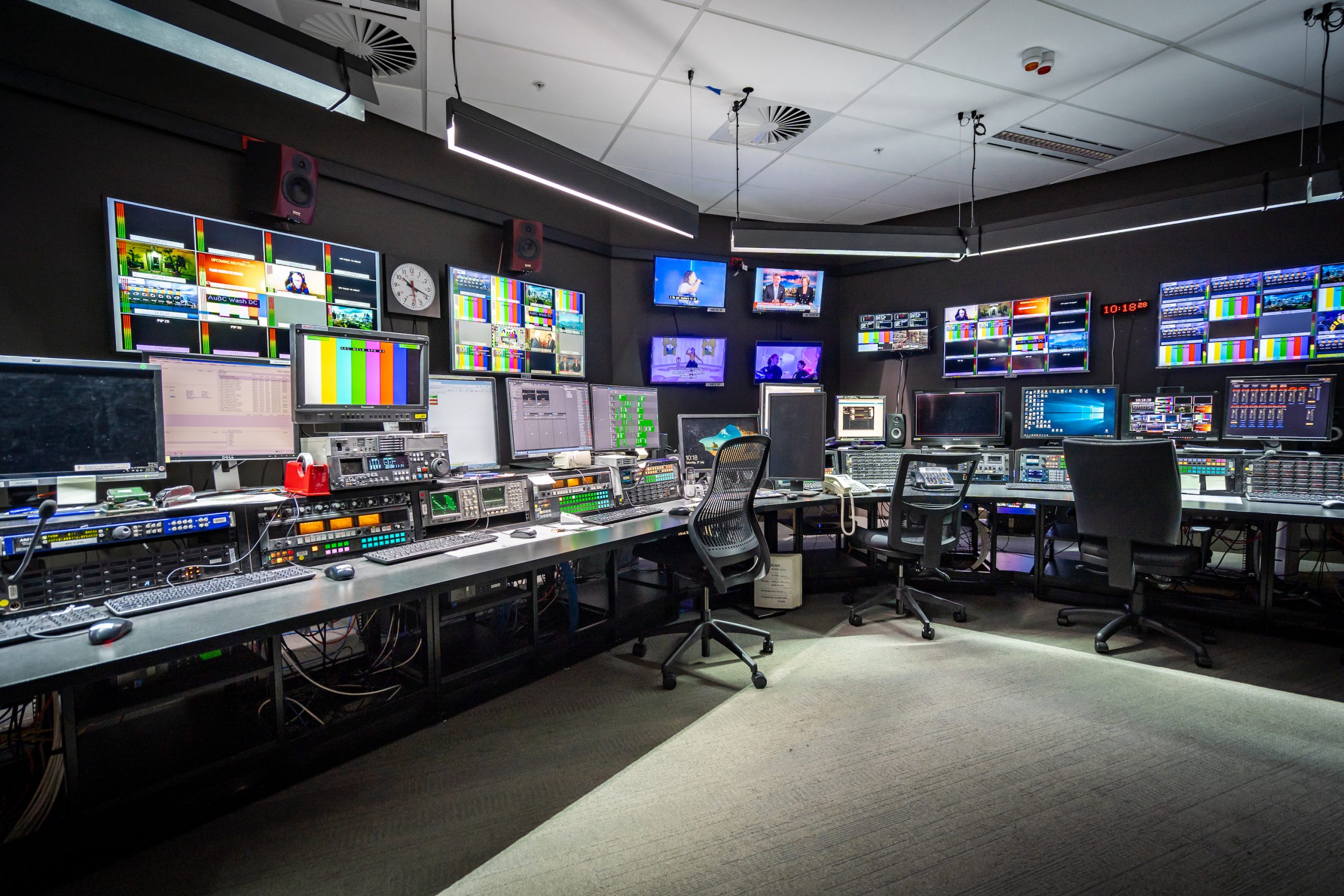
HL: Do you identify a link between abuse online, and the threat or realisation of physical abuse? Many people might think those behind the abuse are just keyboard warriors or trolls who would never intend to physically harm journalists. Do you think this is accurate, or do you worry about how journalists might encounter physical attacks?
NW: Research shows 20% of female journalists abused online have also been targeted offline , so we take online threats seriously. It’s also important to consider that even online attacks that don’t spill into the offline world still have offline consequences. In one study, 65% of female journalists who experienced online abuse reported anxiety, 36% reported depression. Other physical consequences are headaches and insomnia.
HL: Would you ever advise a journalist to consider not using social media?
NW: The ABC has previously stated that journalists do not need a social media presence within the remit of their role.
In some cases, for example if there is a coordinated campaign to target a journalist following an article, I might recommend the journalist steps offline and has a trusted person moderate their social media account until the situation passes. But ultimately, the decision to remain online sits with the journalist.
It’s important to note that online abuse aims to have a silencing effect. It can be frustrating to play into that, but personal wellbeing is always most important. In most cases, the online abuse will subside, so short-term compartmentalisation can be useful.
HL: Do you think ABC, as a public media organisation, has a special responsibility to ensure the wellbeing of its journalists and staff?
NW: Personally, I think all workplaces have a duty of care to staff – whether public or private. That extends to harm from online interactions.
HL: Social media companies have long promised changes to stop abuse, but do you think it will ever be possible?
NW: As is the case with offline misogyny, racism, and homophobia, I think complete eradication is unfortunately unlikely. However, as a society we can work to define what is appropriate online discourse and strive to create the online world we want to see.
HL: How much has COVID-19, lockdown laws, and vaccine requirements fuelled attacks on journalists?
NW: Online abuse of journalists was present prior to COVID, but we have seen a major uptick in online abuse of journalists covering COVID, and it is something that seems to only grow as the pandemic wears on. I don’t necessarily want to go into the details of what this looks like at the risk of offering up ideas to groups fuelling the attacks, but there is a coordinated campaign to silence reporting on COVID.
HL: Finally, do you think yours is a role which is specifically needed in Australia, or do you think it could be established in other countries, or at other public broadcasters?
NW: I’m always amazed that this is the first role of its kind! This is a global problem and newsrooms globally would benefit from recognising the risk to employee wellbeing and retention. That said, there are newsrooms doing incredible work in this space utilising staff with other job titles, such as digital security staff. Internally at the ABC, we had Rod McGuinness (one of our social media leads) running social media self-defence training – so shout out to everyone who came before me.
The benefit of having a role solely dedicated to social media wellbeing, is that aside from providing a clear point of contact in an incident and someone laser-focused on this issue, it signals how seriously the organisation takes this threat and a willingness to assist.
“This is a global problem and newsrooms globally would benefit from recognising the risk to employee wellbeing and retention.“
Nicolle White is the Social Media Wellbeing Advisor at ABC.
Related Posts
30th September 2021
Brussels Declaration: PMA joins public media and international organisations to call for journalist safety and media freedom
Today, public service media companies…
24th September 2021
Canada: PMA deplores online harassment of journalists
PMA joins CBC/Radio-Canada in voicing…
5th October 2020
Global Survey: Online violence against women journalists and effective measures to combat the problem
Take part in UNESCO and ICFJ's global…
